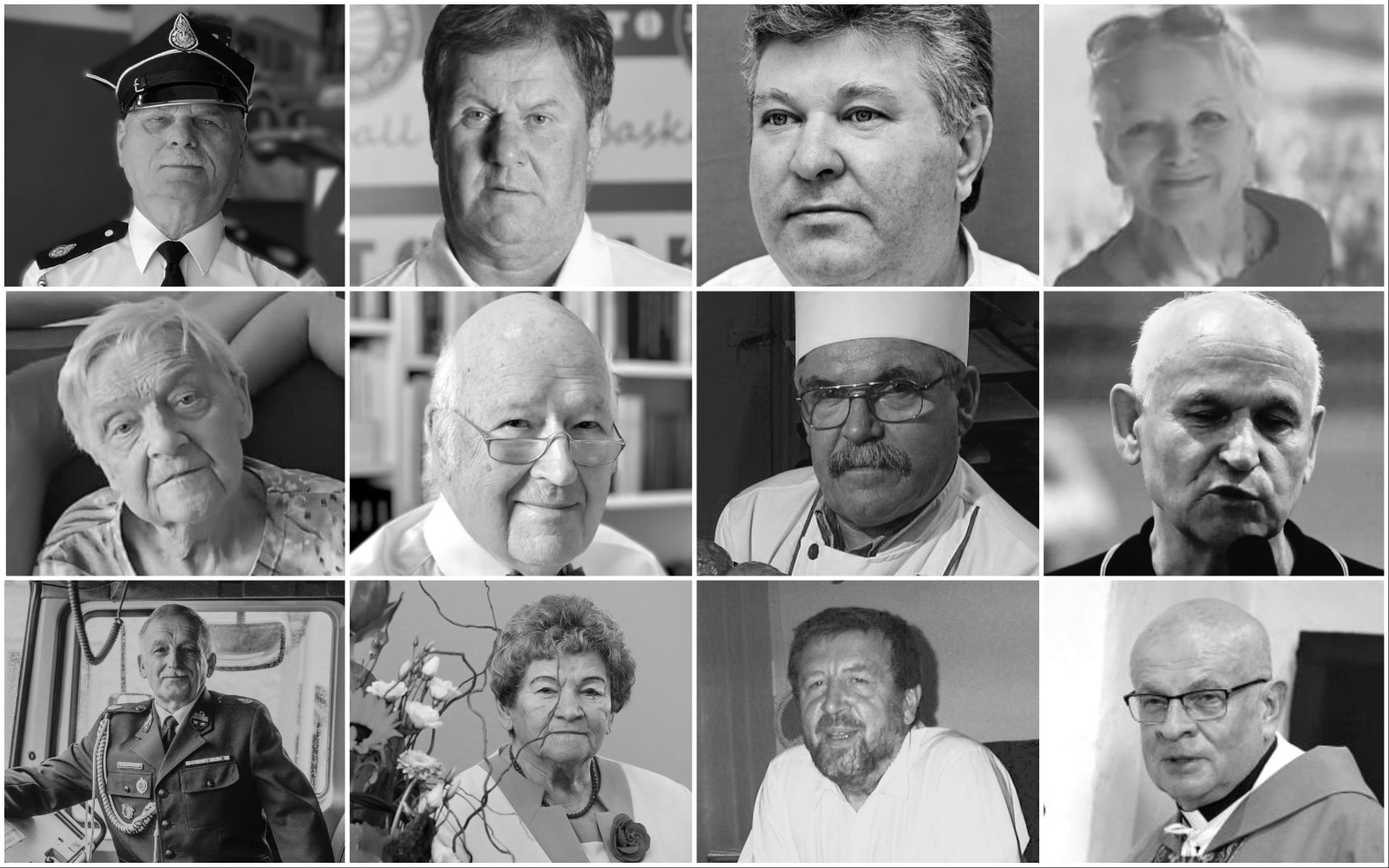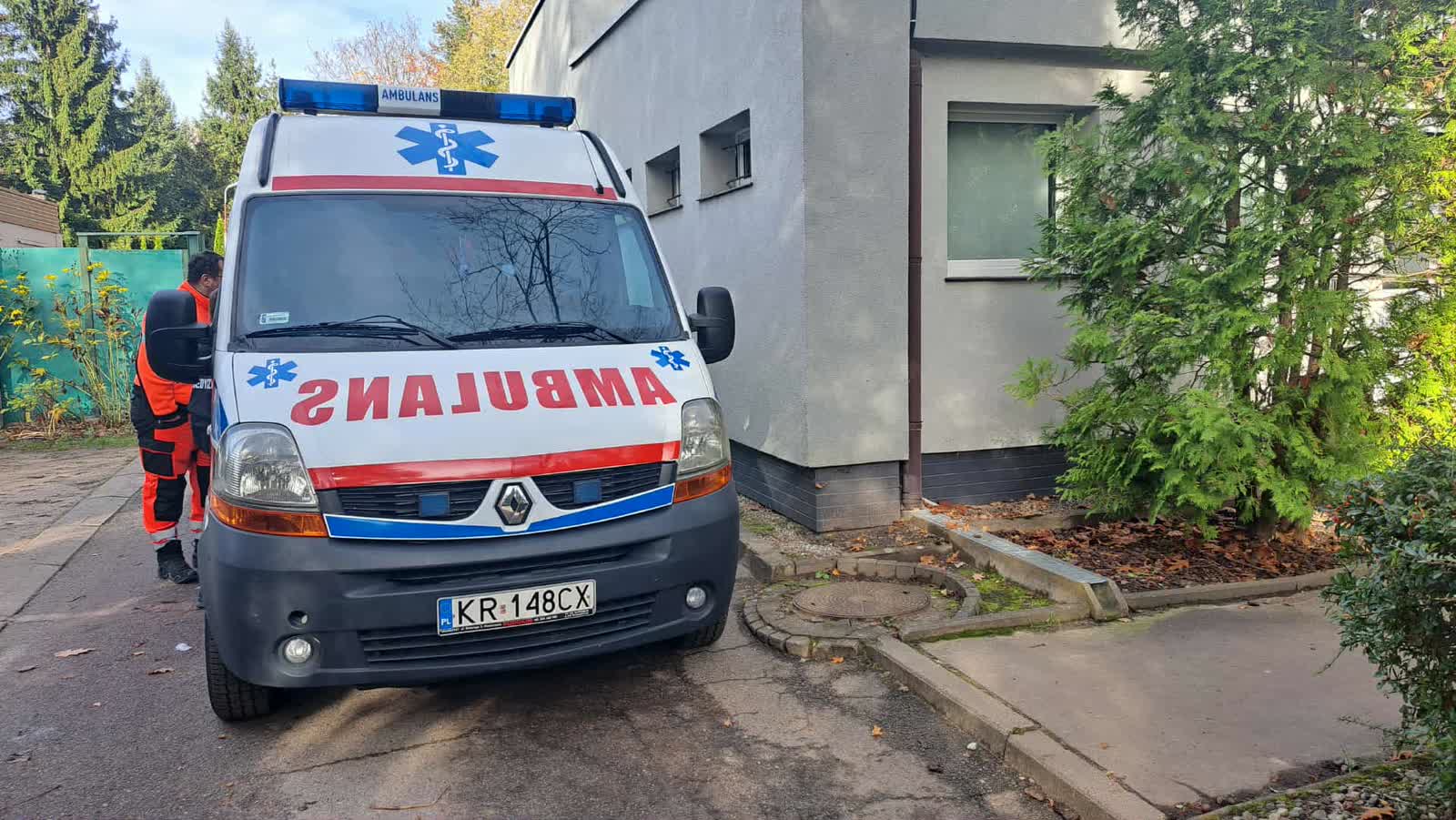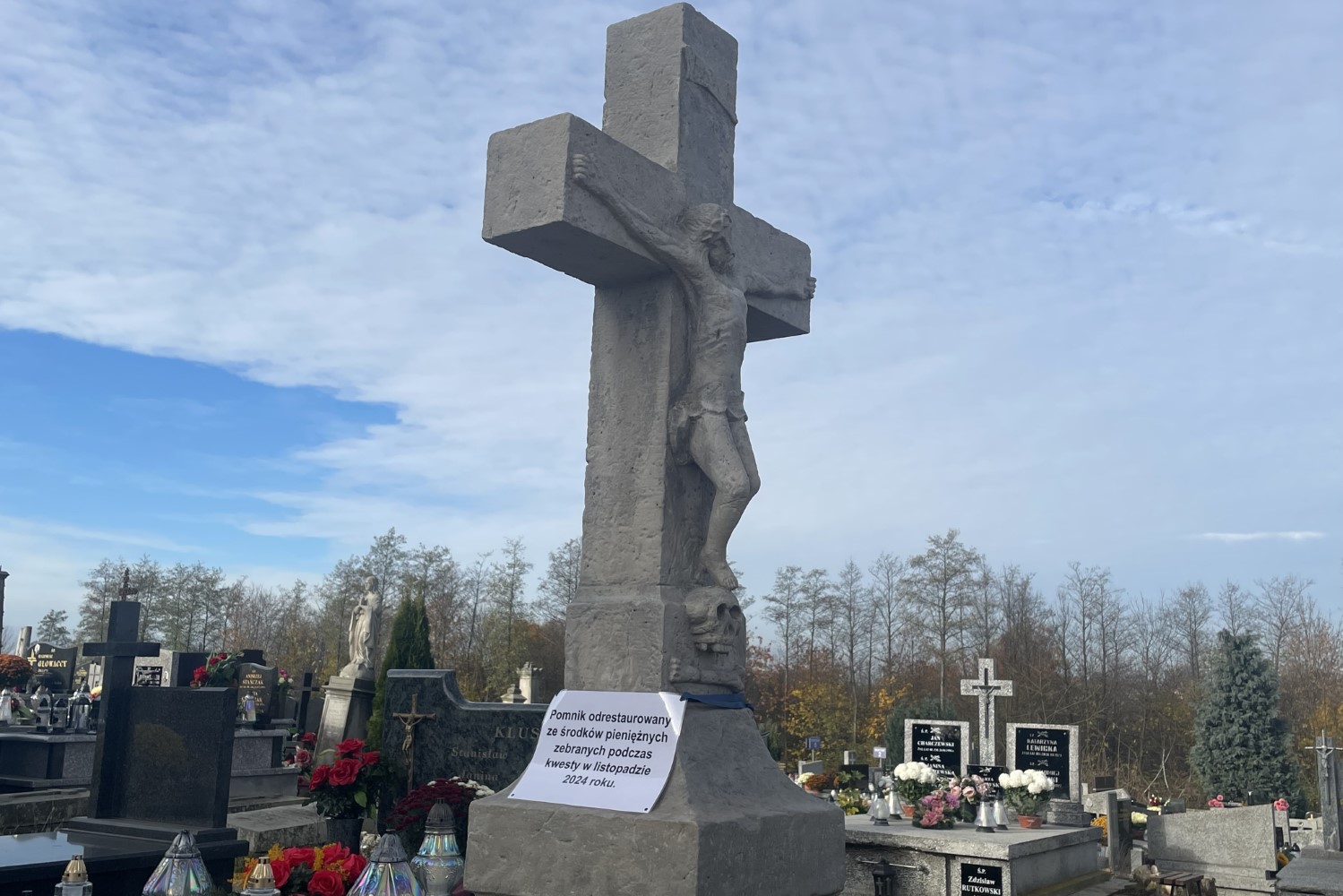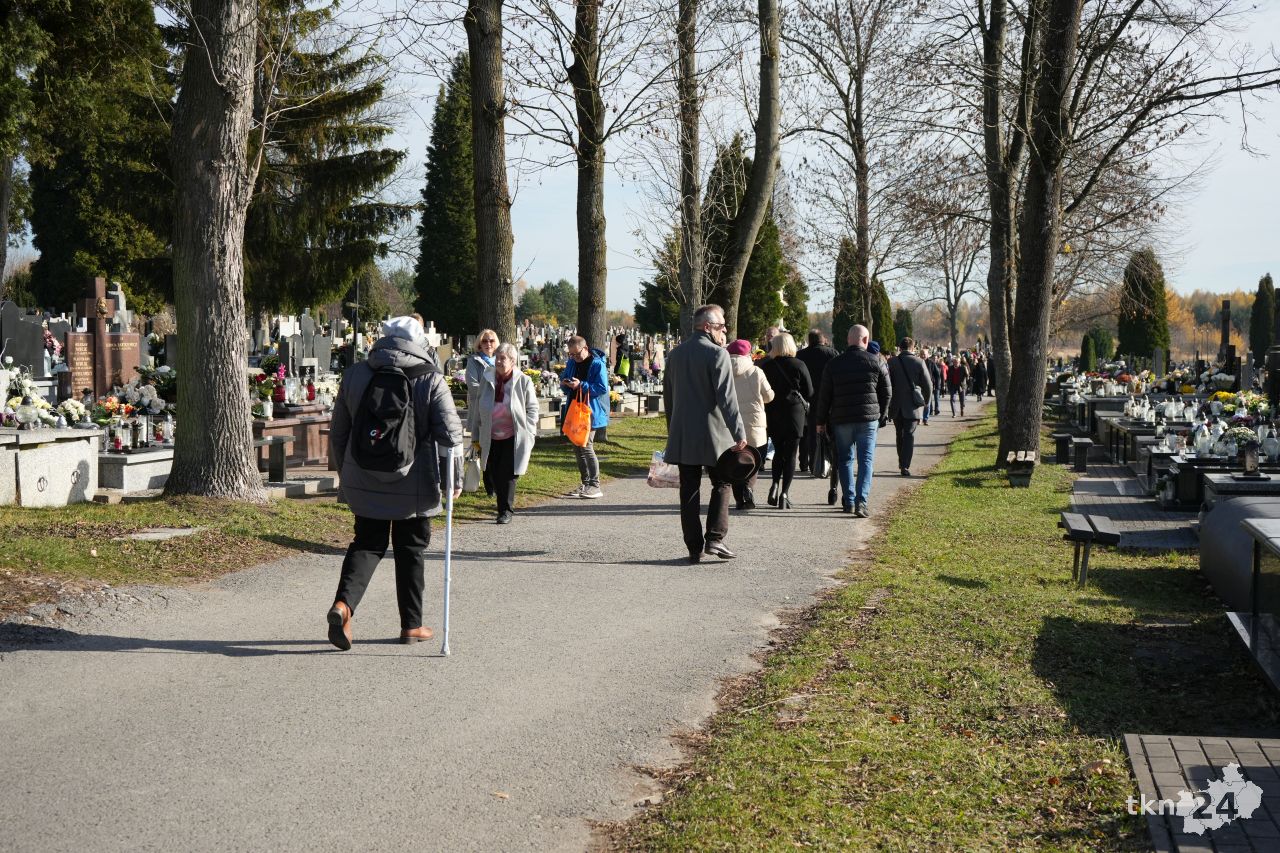The presidential debate in Koński (11 April 2025) became 1 of the hottest moments of the election campaign. Broadcasting on TVP, TVN and Polsata attracted millions of viewers who closely followed the clash of candidates. The day after the event, the IBRiS studio published a survey in which Poles indicated who they thought was best placed in this political clash.

Trzaskowski in the lead, Nawrocki and Holovnia right behind him
According to a poll conducted by IBRiS, the winner of the debate in Koński was Rafał Trzaskowski, which was indicated by 32.4% of respondents. The president of Warsaw confirmed his position as the leader of the polls. Right behind him, with a score of 28%, was Karol Nawrocki. The 3rd place was taken by Szymon Hołownia with the support of 11.8% of respondents.

Rafał Trzaskowski Fot. screenshot, youtube
The results indicate a fierce rivalry between top candidates. Trzaskowski, although victorious, did not dominate the debate unequivocally, which suggests that Nawrocks and Holovnia besides managed to effectively scope the audience. Magdalena Biejat, a candidate of the fresh Left, won designation of 10.6% of respondents, placing herself just behind the podium. On the another hand, Krzysztof Stanowski, a well-known writer and entrepreneur, amazed by the consequence of 5.3%, which may prove his increasing popularity among voters seeking alternatives to major political trends.

Simon Holovnia Fot. screenshot, youtube
Marek Jakubiak (Free Republicans) scored 4.2% of the indications and Joanna Senyszyn, a erstwhile SLD MP, only 0.2%. The lowest indications were given to Maciej Maciak, leader of the Prosperity and Peace Movement, which no of the respondents indicated. The consequence "difficult to say" selected 7.5% of the respondents, indicating any ambiguity in the reception of the debate among any viewers.
Who won the debate in Konski?
@Smack_ 32.4%
@NawrockiKn 28%
Organisation 11.8%@MagdaByjat 10.6%@K_Stanowski 5.3%@jakubiak_marek 4.2%@Joanna_Senyshin 0.2%@maciej_maciak 0%
It's hard to say 7.5%#sondage@IBRiS_PLpic.twitter.com/TQImmARB8w
Absent under fire: Mentzen and Zandberg lose points
The debate in Konski was exceptional not only due to the presence of 8 candidates, but besides due to the absence of 2 crucial players: Sławomir Mentzen (Confederation) and Adrian Zandberg (Party Together). Their decision not to participate in the event raised controversy, as reflected in respondents' opinions. As many as 56.9% of respondents felt that giving up the debate was a bad decision, while 27.5% rated it positive. The another 15.6% had no opinion on this.
Mentzen, who, according to earlier polls, placed 3rd in terms of support, explained his absence by scheduled meetings with voters in another cities. Zandberg, in turn, referred to the debate as a "cirku", criticising its chaotic organization. The decisions of both candidates may affect their image, especially in the context of the expectations of voters who see an chance in debates to face views.
The debate that flooded the Internet

Marek Jakubiak. Photo: screenshot, youtube
The debate in Koński was not just a tv event – it became a real phenomenon in social media. According to an analysis of Res Futura, the debate-related message generated over a billion online coverage in just 12 hours. This translated into 250,000 unique mentions, which means an average of 20,000 entries per hr – 1 fresh comment appeared all 3 seconds.

Joanna Senyszyn Photo. screenshot, youtube
Experts estimation that the content related to the debate reached on average 40 times all active net user in Poland, and real saturation amounted to 12 contacts per individual within the first 8 hours of the beginning of the broadcast. ‘The average rate of vulnerability was 83 million contacts per hour, making the debate the strongest political impulse on Polish social media so far" – summarizes the authors of the report. specified a immense consequence in the network confirms that Końskie became a symbol of the electoral campaign, and the debate was a key minute that could influence the election decisions of Poles.

Maciej Maciak Photo: screenshot, youtube
What determined Trzaskovsky's success?
Rafał Trzaskowski, gaining the most indications, confirmed his ability to communicate effectively with voters. His experience as president of Warsaw and earlier election campaigns allowed him to present himself as a candidate assured and well prepared. In the debate, he addressed security, abroad policy and the economy, stressing the request to build a strong Poland within global alliances specified as NATO and the European Union.
Analysts, however, point out that Trzaskowski did not avoid criticism. any candidates, including Szymon Hołownia and Magdalena Biejat, scored him for decisions taken within the governing coalition, which could affect the more varied reception of his speech. Despite this, Trzaskowski managed to keep the image of a leader who can connect different social groups.
Karol Nawrocki, although ranked second, gained credit for the consistent presentation of conservative values and the emphasis of patriotism. His controversial motion with a rainbow flag, placed on the talker of Trzaskovsky, sparked heated discussions, but did not bring him an unequivocal triumph in the eyes of viewers. In turn, Simon Holovnia amazed many observers with his rhetoric and confidence, which could translate into an increase in support in subsequent polls.

Karol Nawrocki Photo: screenshot, youtube
Magdalena Biejat and Krzysztof Stanowski – black horses of debate?
Magdalena Biejat's score, which scored 10.6% of the indications, is 1 of the more amazing elements of the survey. The fresh Left candidate, known for her engagement in social issues, gained sympathy from any viewers thanks to her clear message and courage in undertaking hard topics specified as human rights and migration policy. Her motion of taking over the rainbow flag from Trzaskowski was perceived as a symbol of openness and determination.

Magdalena Biejat Fot. screenshot, youtube
Krzysztof Stanowski, although not a professional politician, attracted the attention of 5.3% of respondents. His ironic approach and criticism of the political class resonated with voters tired of conventional discourse. Stanowski, announcing his visit to the Maldives as his first abroad trip, introduced to the debate an component of humor that distinguished him from more serious speeches.

Krzysztof Stanowski Fot. screenshot, youtube
The debate in Koński and the future of the campaign
The results of the IBRiS poll show that the debate in Koński did not bring a clear breakthrough, but it surely influenced the dynamics of the campaign. Rafał Trzaskowski strengthened his position as leader, but Karol Nawrocki and Szymon Hołownia showed that they were able to compete effectively for voters' votes. Magdalena Biejat and Krzysztof Stanowski in turn proved that even candidates from outside the mainstream can attract attention and gain sympathy.
The absence of Sławomir Mentzen and Adrian Zandberg may prove costly, especially in the context of a negative assessment of their decision by the majority of respondents. The next weeks of the run will show whether they will be able to rebuild the assurance of voters and effectively present their programs.
The debate in Koński was not only a clash of views, but besides a test for candidates for their communication skills and opposition to pressure. Poles, as the poll shows, appreciated those who were able to combine substantive and charisma. We have a fewer more weeks of run ahead of us, but 1 thing is certain – the horse will stay in memory for a long time as a place where political emotions have reached out.
DF, thefad.pl / Source: IBRiS. X. , Res Futura, media

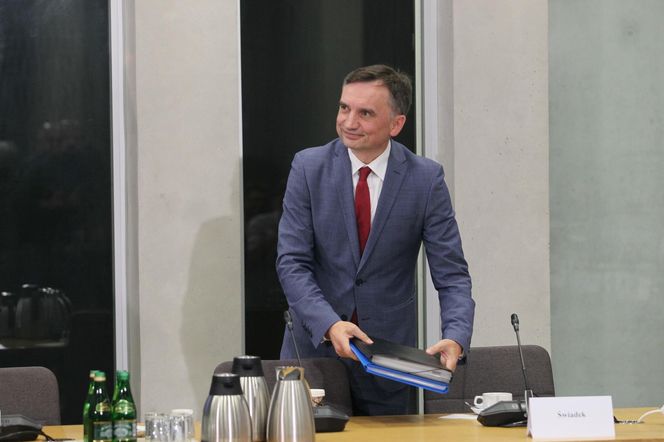
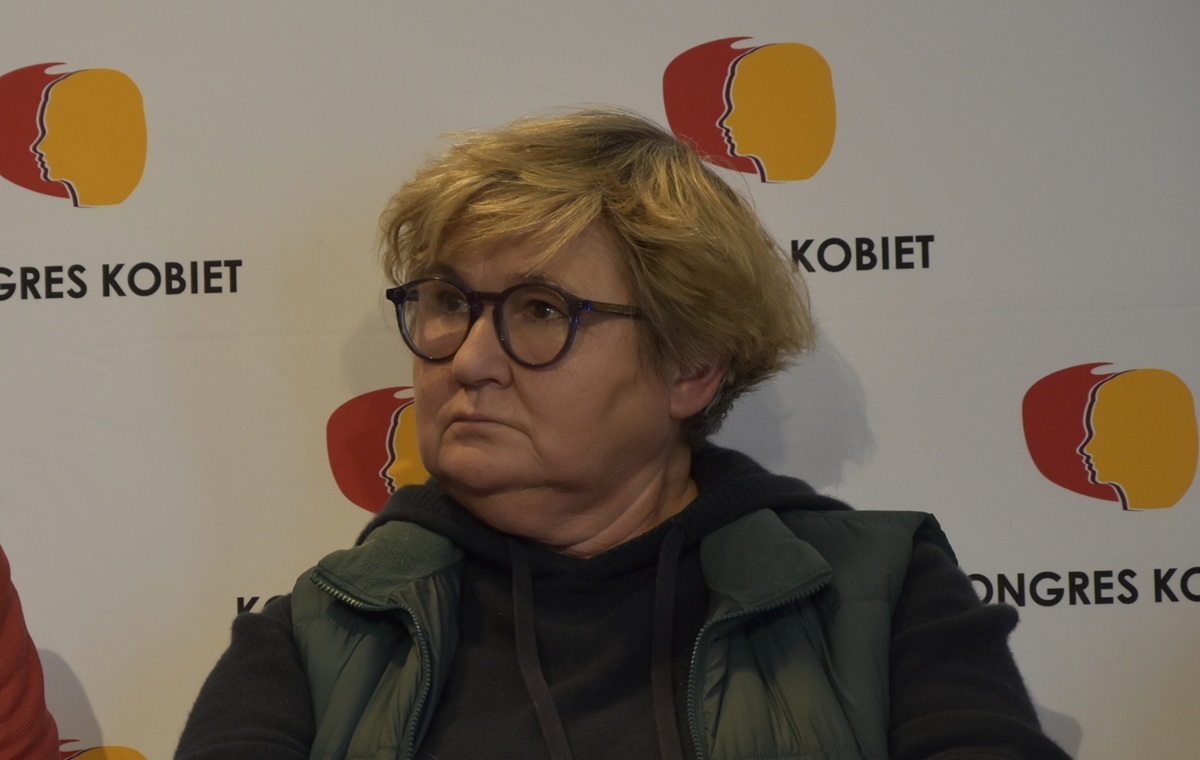
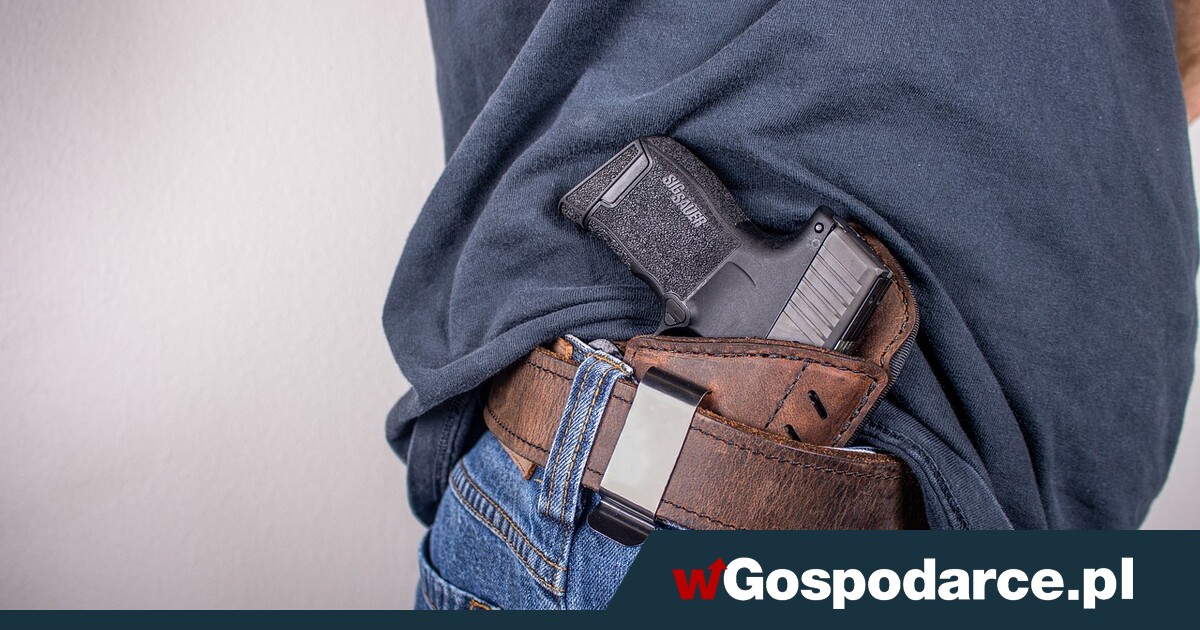
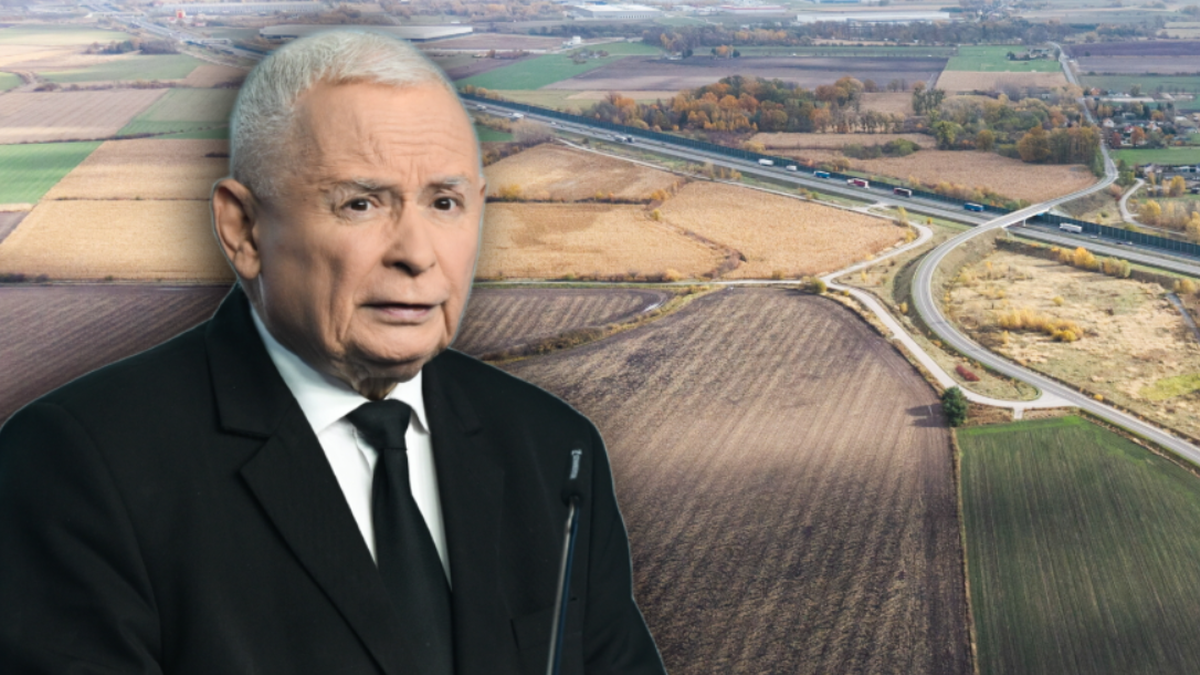
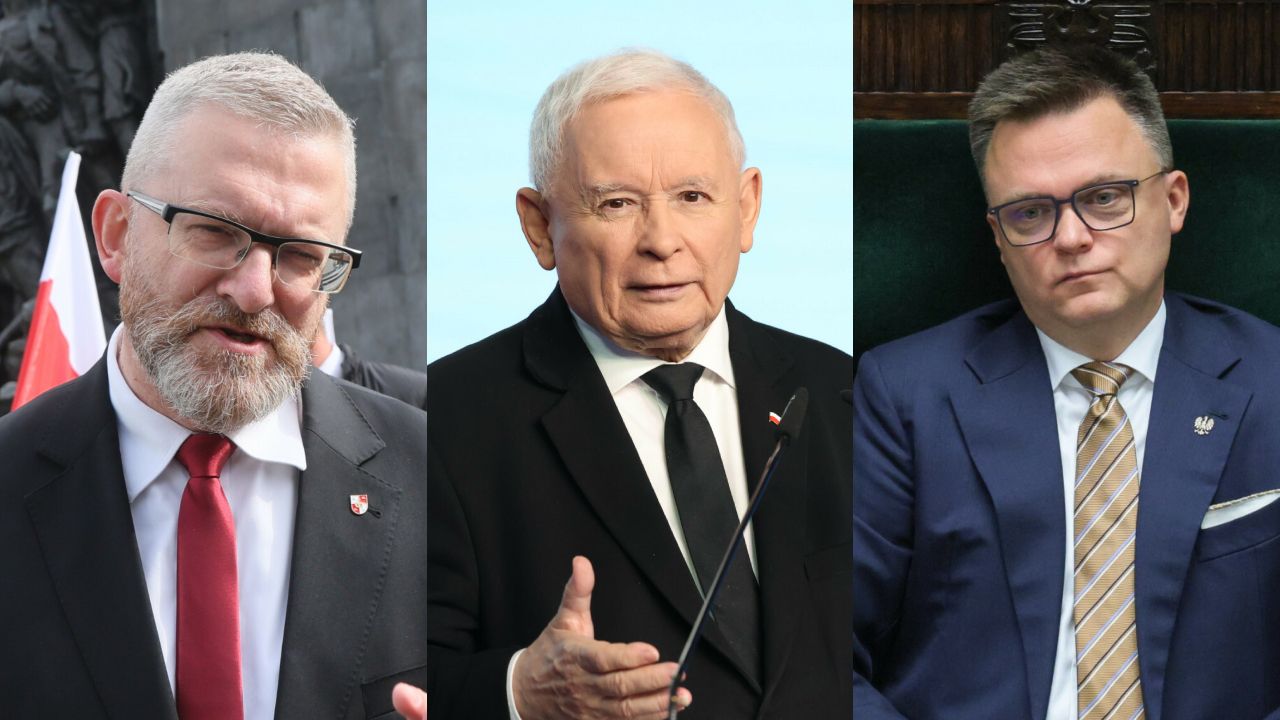
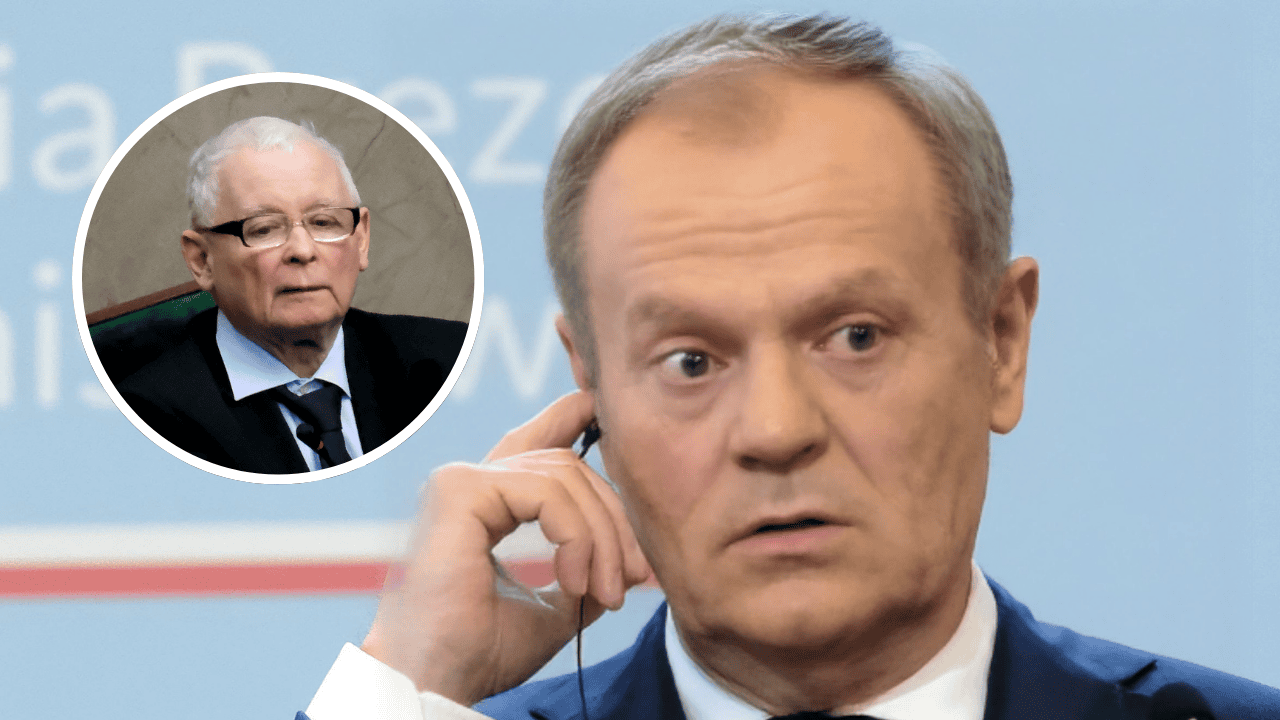
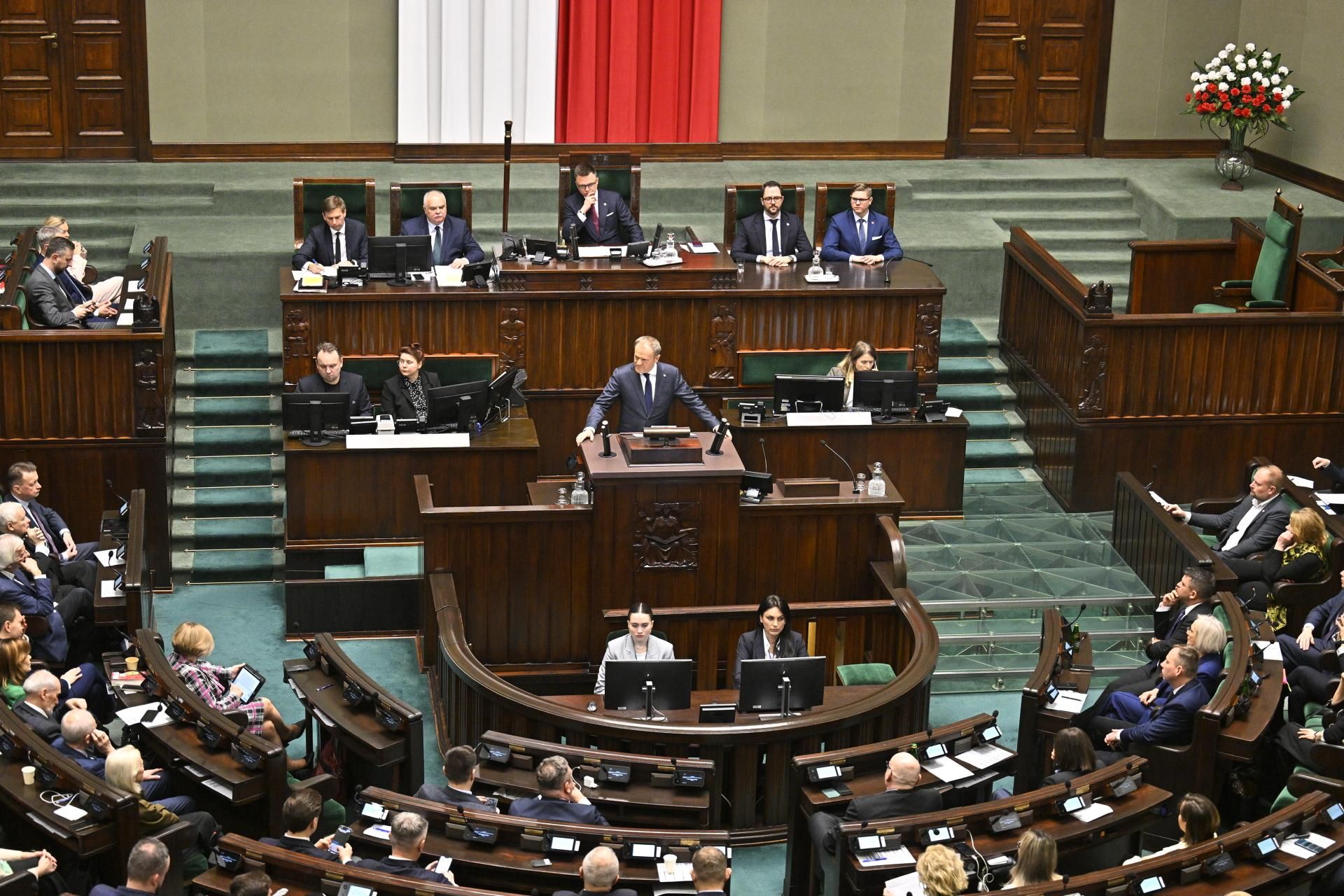

![Wolontariusze kwestują przy cmentarzach. We Wszystkich Świętych wesprzyjcie ważne cele [wideo, zdjęcia]](https://tkn24.pl/wp-content/uploads/2025/11/Wolontariusze-kwestuja-przy-cmentarzach-09.jpg)

![Dzień Wszystkich Świętych w Bełchatowie. Mieszkańcy odwiedzają groby swoich bliskich [FOTO]](https://storage.googleapis.com/patrykslezak-pbem/belchatow/articles/image/0748705b-28cf-431f-92d6-252fba1a6b9b)
